
Universal Pumping | High Pressure Pumps
High Pressure Pumps for Difficult to Pump Slurry, Sludge, and Food Waste.
In the realm of fluid management and transfer, the universal pump stands out as a versatile solution that caters to a wide range of applications across various industries. This comprehensive guide aims to demystify the universal pump, exploring its functionalities, advantages, and the myriad of ways it can be effectively utilized. Whether you are handling water, chemicals, or other fluids, understanding the intricacies of universal pumps will empower you to make informed decisions tailored to your specific needs. From agricultural irrigation systems to industrial processes, the universal pump is designed to enhance efficiency and reliability. As we delve into this guide, we will highlight essential tips and best practices for selecting, operating, and maintaining universal pumps, ensuring you maximize their potential in any application.
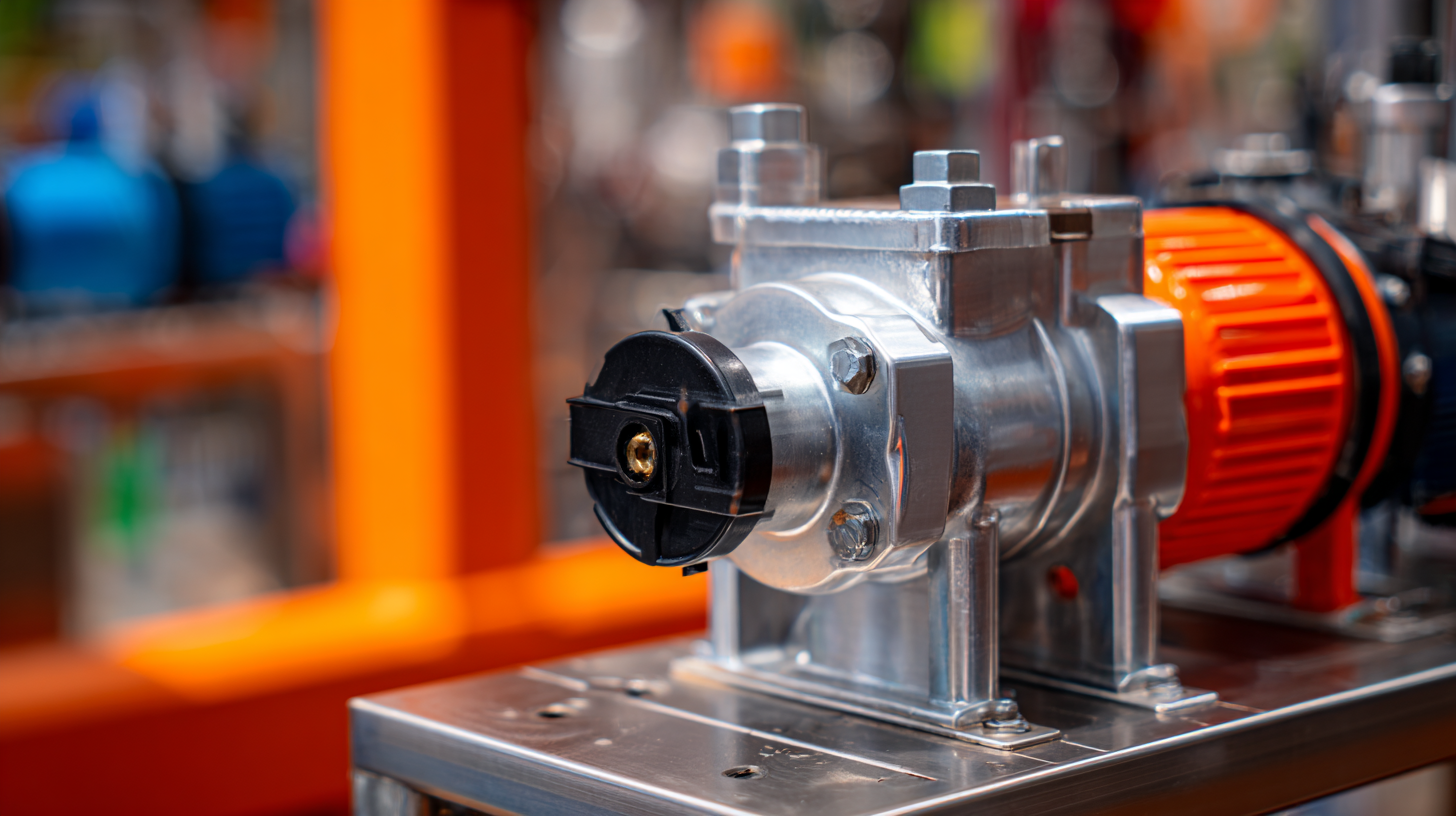
Understanding pump versatility is crucial for various industries, as it allows for efficient solutions tailored to specific applications. In North America, the utility pump market is segmented by product types such as transfer pumps, submersible pumps, and dewatering pumps, each catering to unique needs. For instance, the transfer pumps are vital for moving fluids in agricultural and industrial settings, with the market projected to experience robust growth driven by infrastructure development and increased demand for efficient water management systems.
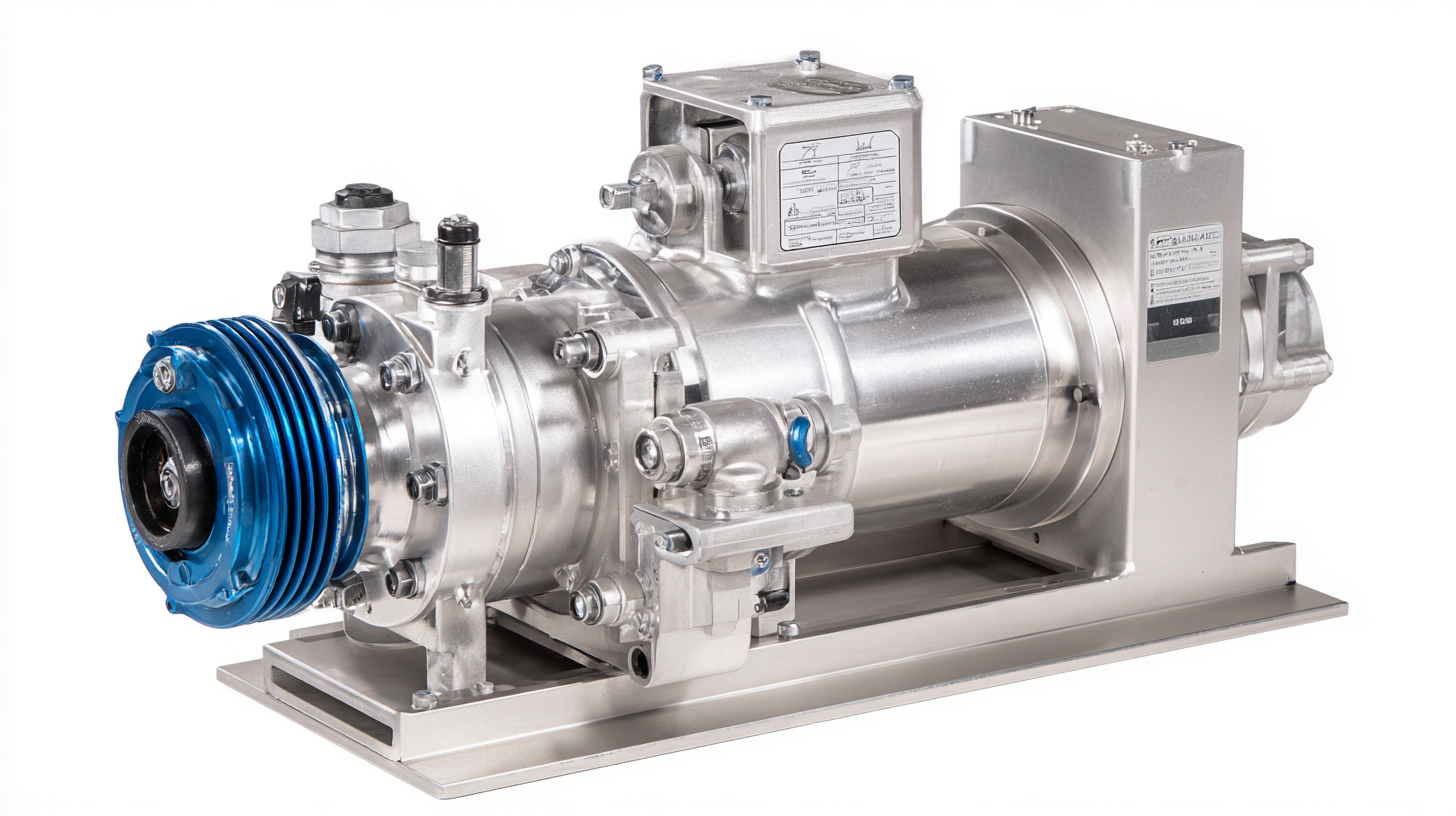
In addition to traditional applications, innovations in pump technology are opening new avenues for use. The recent introduction of advanced drive pumps demonstrates this trend, showcasing the evolution toward more powerful yet energy-efficient solutions. Furthermore, the surge in demand for lightweight plastic pipes across Africa indicates the industry's shift towards materials that combine versatility and cost-effectiveness. With these advancements, industries can optimize their operations and reduce environmental impact, reinforcing the position of pumps as a cornerstone in fluid management across diverse sectors.
When it comes to fluid movement, understanding the various types of pumps is crucial for selecting the right one for specific applications. Among the top five pump types, centrifugal pumps are the most versatile, efficiently handling large volumes of liquids. They work by converting rotational energy from a motor into kinetic energy, making them ideal for water, chemicals, and other fluids in industrial settings. Their simplicity and effectiveness in moving low-viscosity fluids contribute to their widespread use across different sectors.
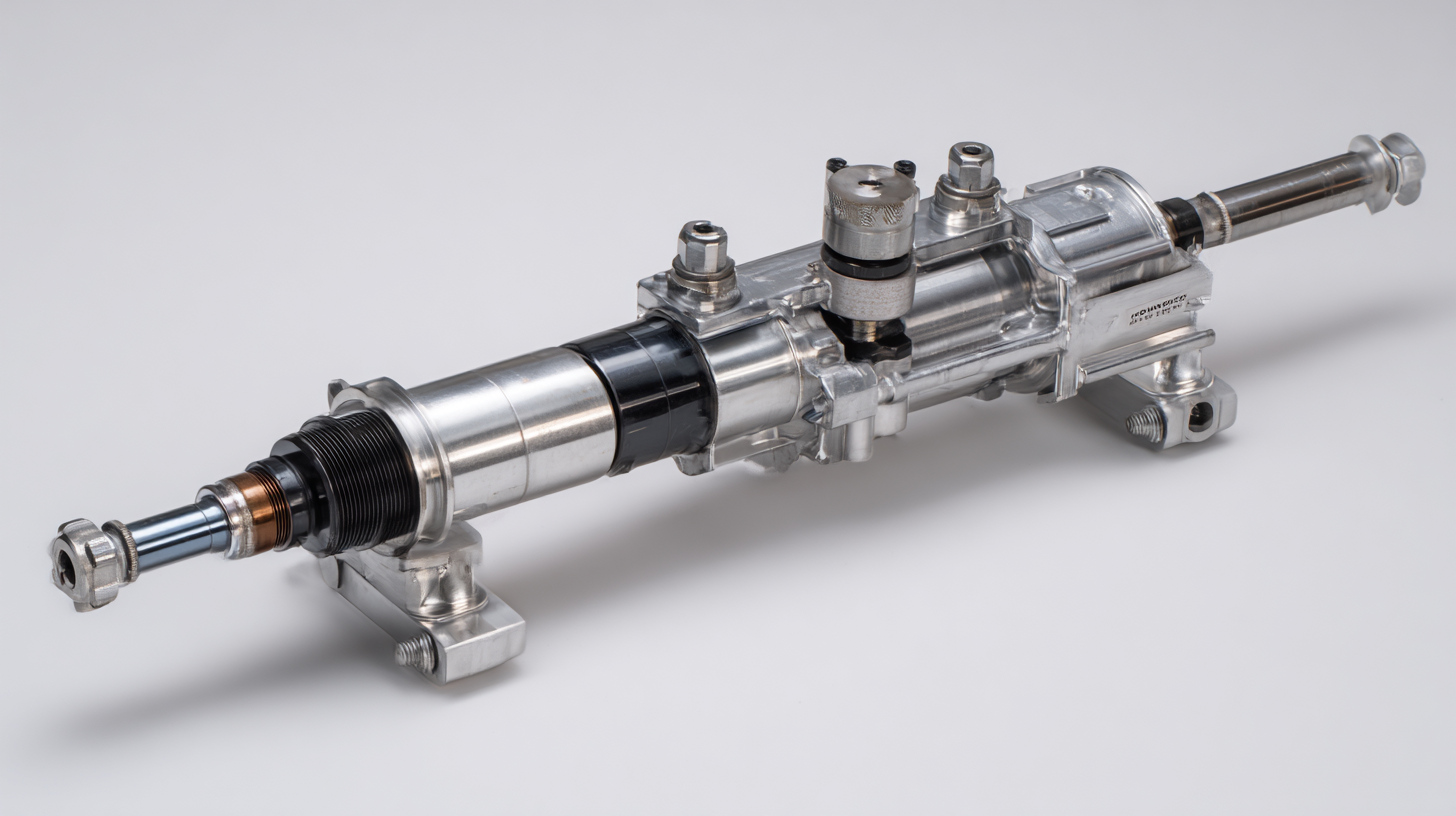
Another popular type is the positive displacement pump. This pump type excels in applications requiring high pressure and precise flow control. By trapping a fixed amount of fluid and forcing it through the discharge pipe, it is particularly suited for viscous fluids, such as slurries or oils. Furthermore, diaphragm pumps are notable for their ability to handle corrosive and abrasive fluids without contaminating the medium, making them a favorite in the chemical and food industries. Each of these pump types offers unique benefits, ensuring that there is a suitable option for virtually any fluid movement requirement.
When selecting universal pumps for your needs, it’s crucial to consider various factors that can significantly impact their performance and suitability for your applications. Start by evaluating the specific requirements of your project, including flow rate, pressure, and the medium being pumped. Different materials and configurations can cater to various applications, from chemical processing to water treatment.
**Tips:** Before making a decision, consult with manufacturers or distributors to ensure that the specifications of the pumps align with your operational needs. This can prevent potential issues down the line, such as pump failure or inefficiency.
Another essential consideration is the pump's versatility. Universal pumps are designed to adapt to a range of conditions, which could provide you with long-term utility and flexibility across multiple projects. Look for features such as compatibility with different fluids, ease of maintenance, and energy efficiency. Ensuring these elements are met will help you make a more informed decision.
**Tips:** Conduct thorough research on the pump's performance specifications and check for any case studies or reviews. This insight can help determine real-world applications and reliability before you commit to a purchase.
Universal pumps are engineered for a wide range of industrial applications, making them an invaluable asset in optimizing efficiency. To maximize their effectiveness, it is essential to select the correct type of universal pump that aligns with the specific requirements of the operation. Understanding the operational parameters, such as flow rate, pressure, and the physical properties of the fluids being pumped, allows for precise pump selection. This minimizes downtime and enhances reliability, ensuring that processes run smoothly.
Moreover, regular maintenance plays a critical role in the performance of universal pumps. Scheduling routine inspections and timely servicing can prevent unexpected failures and prolong the lifespan of the equipment. Implementing automated monitoring systems can also provide real-time data on pump performance, facilitating quick adjustments to operating conditions as needed. By leveraging these practices, industries can significantly increase the overall efficiency of their pumping systems, leading to reduced operational costs and improved productivity.
In various industries, universal pumps have demonstrated remarkable adaptability, serving diverse applications from agricultural irrigation to chemical processing. One notable case study involves a manufacturing facility that faced challenges with material transfer in their production line. By implementing a universal pump system, they were able to achieve seamless fluid movement, leading to a significant increase in efficiency and a 30% reduction in downtime. This success highlighted the pump's capability to handle different fluids and varying viscosities, which is essential in a dynamic manufacturing environment.
Another illustrative example comes from the energy sector, where a renewable energy company utilized universal pumps to manage water circulation in their geothermal systems. By selecting a unit that could adjust to fluctuating demands, the company not only improved their operational reliability but also enhanced overall energy recovery rates. This flexibility allowed the facility to adapt to changes in water temperature and pressure, showcasing how universal pumps can provide tailored solutions in high-stakes environments. Such case studies underline the importance of choosing the right pump type and how universal pumps can be effectively employed across various sectors to tackle unique challenges.
| Application Sector | Pump Type | Key Benefits | Real-World Example |
|---|---|---|---|
| Agriculture | Centrifugal Pump | High efficiency and durability Ability to handle varying flow rates |
Used for irrigation systems in large farms |
| Chemical Processing | Diaphragm Pump | Chemical resistance Accurate dosing of chemicals |
Used in mixing chemicals for manufacturing |
| Water Treatment | Submersible Pump | Efficient for deep well applications Energy-efficient |
Deployed in groundwater extraction systems |
| Food and Beverage | Gear Pump | Gentle handling of products Viscous fluid transfer |
Used in transferring oils and syrups |
| Construction | Trash Pump | Handling solid-laden fluids Robust performance in harsh conditions |
Used in dewatering construction sites |


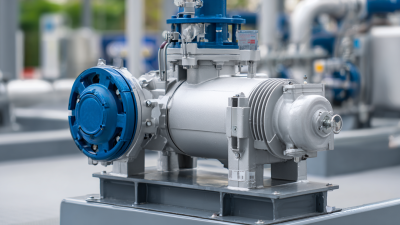
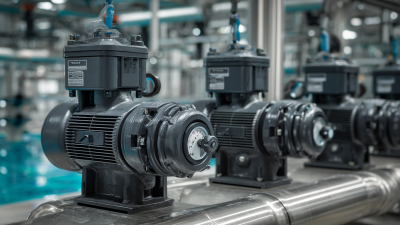
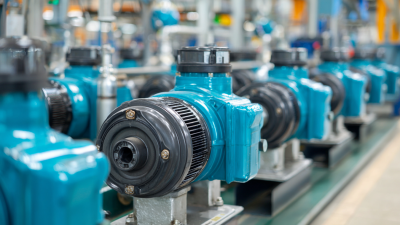
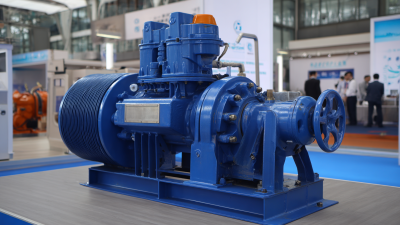
Universal Pumping
625 Apache Trail
Woodstock, GA 30189
Mon - Fri | 9:00 AM - 5:00 PM
Universal Pumping is staffed with industry professionals with 20-45 years experience with high pressure pumping systems. We represent only the “elite producers” in pump manufacturing: Britain’s EMS and Germany’s EMMERICH. Our engineering and manufacturing approach is conservative, and we do not use “guess work” in the design or sales of our pumping and filtration equipment.



